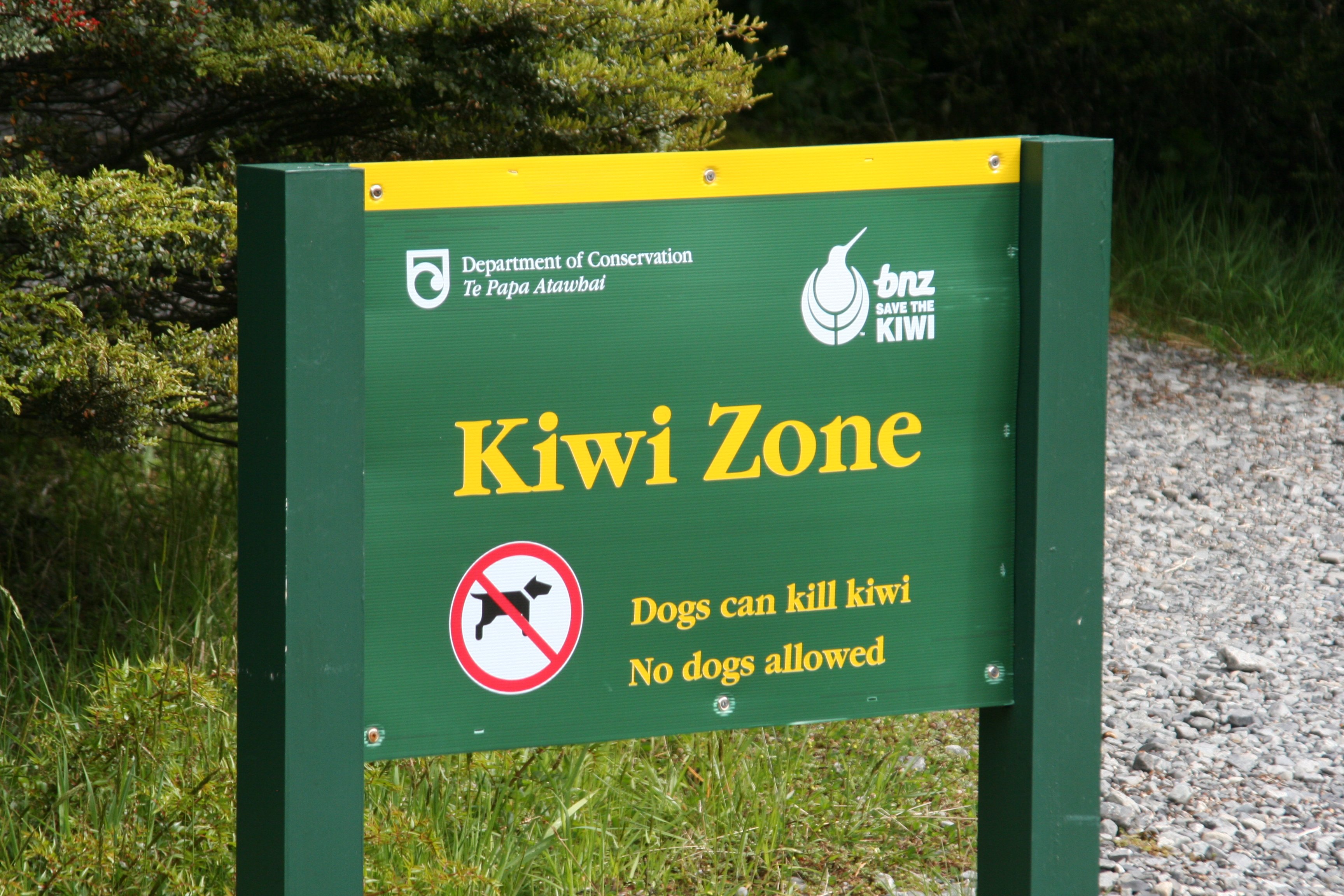
I often like to poke fun at how dangerous the wildlife of Australia is, as ever since the giant man-eating Haast’s Eagle went extinct the land life on New Zealand has been mostly harmless. But the thing is, while the animals may not want to kill you, it sometimes feels as if the land itself does. Not a few weeks after a decent sized earthquake struck the capital (as well as the poor town of Seddon on South Island), another large quake hit us. This time it hit on a Friday afternoon, causing a great deal more alarm and traffic chaos, but thankfully barely any casualties. I was at work, and our fancy earthquake resistant building made the ride safer but perhaps more alarming. I was walking when it hit, meaning I missed the early warning and didn’t know it was happening until the lurching ground flung me into a doorway (I’m fine, just an incident report and bruise to show for it). The aftershocks haven’t stopped, and when exactly they will stop is essentially unknowable. The shocks from the last quake had died down to the point where we assumed that swarm was over. We were wrong. It could be over already, or we could actually be building up to something larger. Several months separated Christchurch’s first big quake from the catastrophic one in 2011. Only time will tell.
But it’s worth noting that this is not some aberration. New Zealand is New Zealand, as opposed to a frozen chunk of Antarctica or baking hot chunk of Australia, because of this kind of activity. It’s been about 85 million years since New Zealand parted ways with Antarctica and Australia, give or take 20 million years. As it has moved north, buffeted by the Australian plate on one side and the enormous Pacific plate on the other, it has carried a cargo of animals and plants from that now lost super continent of Gondwana. Exactly which species came from that original break up is the subject of considerable debate. It seems likely that the New Zealand wrens did, as did the handful of frogs New Zealand has. Kauri are another contender, as well as the enigmatic and now extinct lineage of land mammals from the fossil record.
Tane Mahuta, Lord of the Forest, is a Kauri and possible Gondwanan relic species.
Most of New Zealand’s far flung islands are actually continental fragments rather than volcanic (like Hawaii is); these insular fragments of the greater Zealandia include the politically Australian Norfolk and the politically French New Caledonian group. These far flung fragment islands have served as stepping stones in their own right to New Zealand, with the Cyanoramphus parakeets and New Zealand geckos originating there bringing a slightly tropical feel to the wildlife. The aforementioned Kauri in turn used these islands to reach places like Vanuatu.
Kiwi, oddly, are actually thought to have flow here too.
The same forces that have pushed New Zealand ever northwards have also affected the habitats on these islands. They threw up the mighty Southern Alps, home to many endemic species including the charasmatic Kea.
More alarmingly, they may have actually wiped out all New Zealand life at one point. There is a period of New Zealand’s geologic history known as the Oligocene Drowning, a period when the forces that pushed up the Alps actually caused most of the continent to sink. Some geologists think the entire chain was underwater, biologists disagree. The debate is interesting and I will delve into it in a later post, but the message is clear, New Zealand has been shaped over millions of years by these forces, as, in many ways (minus the millions of years bit) have her people. Adjusting to that for me, an immigrant, is an interesting journey, but one I know many have taken before.


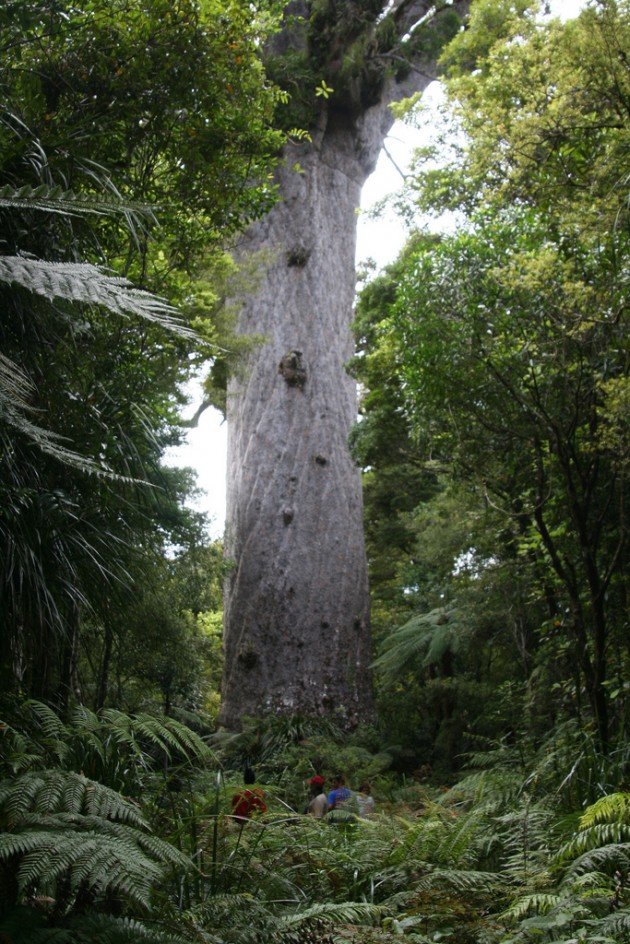
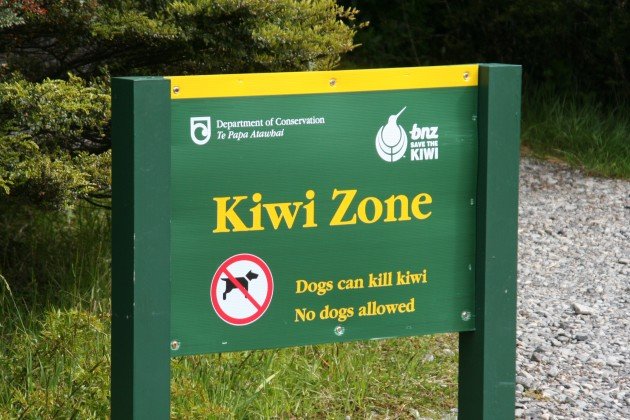
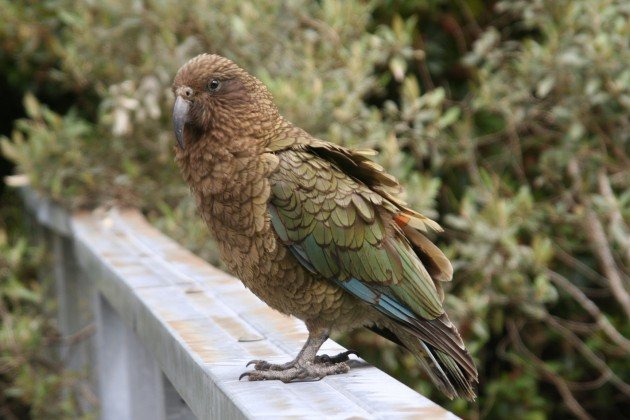




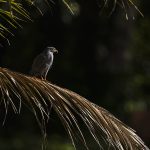
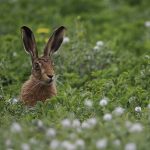
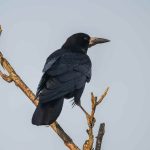
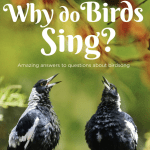


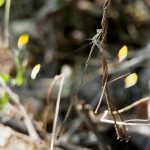
Stay safe Duncan, and put a life boat in your backyard just in case NZ submerges again…
Great post Duncan. And I’ll echo Jochen, stay safe. People often question my choice of living in the High Arctic, but really our natural disasters are pretty mild. I mean you can dress for the cold, but how do you dress for an earthquake?
@Duncan: “… the land life on New Zealand has been mostly harmless.” I see what you did there!
@Clare: Two words: clean underwear.
Keep safe. We prefer cyclones to earthquakes-you know they are coming………and they can blow in some good birds!